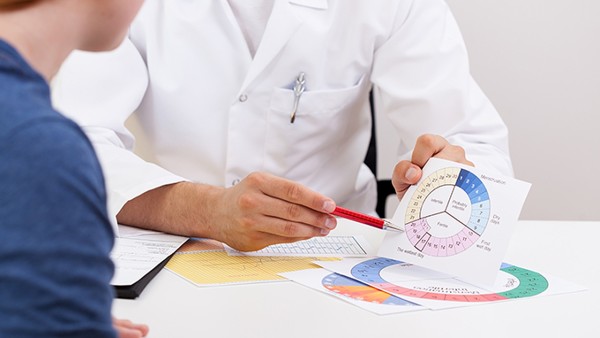How to Treat Greasy Alopecia

What is Greasy Alopecia?
Greasy alopecia, also known as seborrheic alopecia, is a common hair loss condition that affects men and women. It is characterized by greasy, thinning hair, and can lead to baldness if not treated.
Causes of Greasy Alopecia
The exact cause of greasy alopecia is not fully understood, but it is thought to be related to a combination of factors, including:
Hormonal imbalances: Androgens, the male sex hormones, can stimulate the sebaceous glands in the scalp to produce more oil. This excess oil can clog hair follicles and lead to hair loss.
Genetics: Some people are more likely to develop greasy alopecia than others due to their genes.
Diet: Eating a diet high in processed foods, sugary drinks, and saturated fats can contribute to greasy alopecia.
Stress: Stress can trigger the release of hormones that can stimulate the sebaceous glands and lead to hair loss.
Medical conditions: Certain medical conditions, such as thyroid disease and diabetes, can also cause greasy alopecia.
Symptoms of Greasy Alopecia
The symptoms of greasy alopecia can vary from person to person, but they typically include:
Greasy, thinning hair
Itchy scalp
Dandruff
Redness and irritation of the scalp
Hair loss
Diagnosis of Greasy Alopecia
Your doctor can diagnose greasy alopecia by examining your scalp and hair. They may also ask you about your medical history and family history of hair loss. In some cases, your doctor may order blood tests to rule out other medical conditions that may be causing your hair loss.
Treatment for Greasy Alopecia
The treatment for greasy alopecia will depend on the severity of your condition and the underlying cause. Treatment options may include:
Medications: Your doctor may prescribe medications to reduce the production of oil on your scalp. These medications can include topical treatments, such as shampoos and lotions, or oral medications, such as finasteride or dutasteride.
Lifestyle changes: Making lifestyle changes, such as eating a healthy diet, getting regular exercise, and managing stress, can help to improve your overall health and may also help to reduce hair loss.
Hair transplantation: In some cases, hair transplantation may be an option to treat greasy alopecia. This procedure involves removing hair from another part of your body and transplanting it to the areas of your scalp that are affected by hair loss.
Prevention of Greasy Alopecia
There is no sure way to prevent greasy alopecia, but there are some things you can do to reduce your risk of developing this condition. These include:
Eating a healthy diet
Getting regular exercise
Managing stress
Using a gentle shampoo and conditioner
Avoiding harsh hair styling products
Protecting your hair from the sun
Outlook for Greasy Alopecia
The outlook for greasy alopecia depends on the severity of your condition and the underlying cause. With early diagnosis and treatment, many people with greasy alopecia can experience significant improvement in their hair growth.
The above is all the content that the editor wants to share with you. I sincerely hope that these contents can bring some help to your life and health, and I also wish that your life will be happier and happier.
Topic: #to #how #treat














